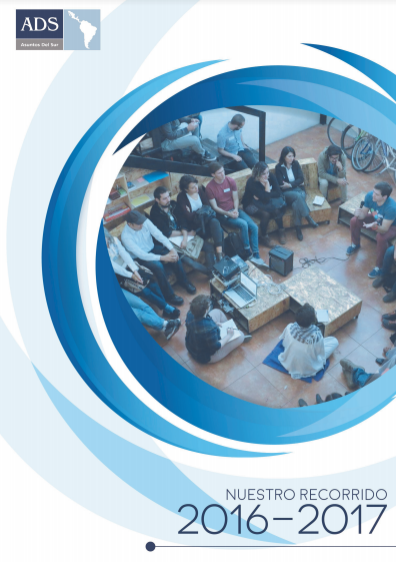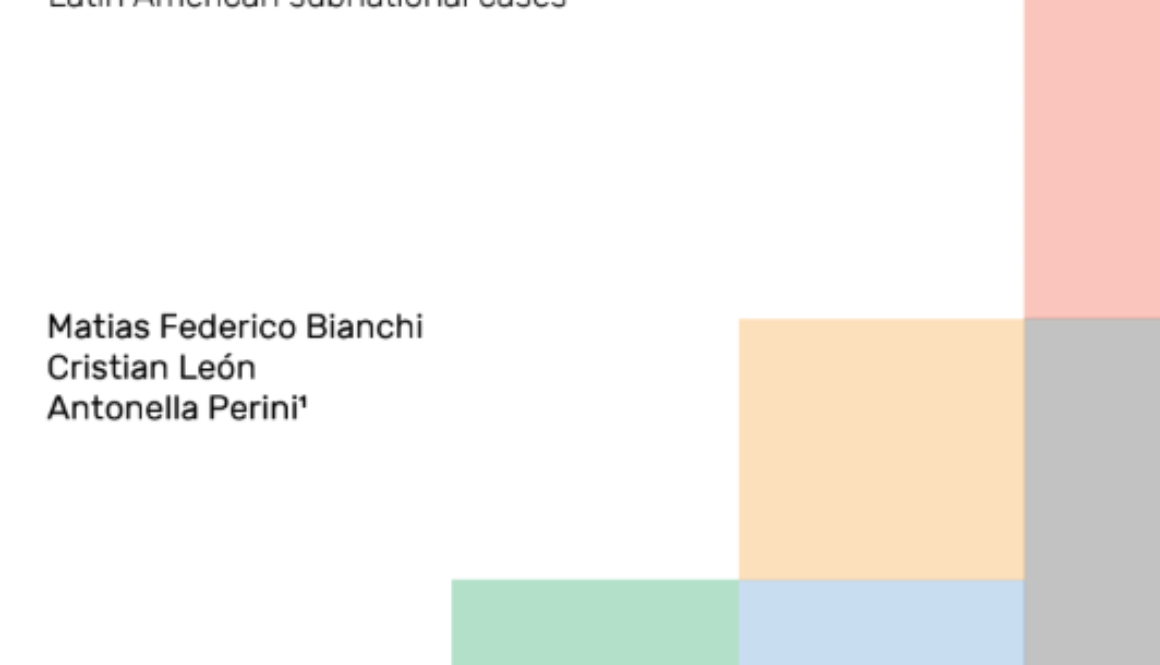[et_pb_section fb_built=»1″ _builder_version=»3.19.4″][et_pb_row _builder_version=»3.19.4″ locked=»off»][et_pb_column type=»4_4″ _builder_version=»3.19.4″ parallax=»off» parallax_method=»on»][et_pb_text _builder_version=»3.19.4″]
Restoring trust through Open Government
[/et_pb_text][/et_pb_column][/et_pb_row][et_pb_row _builder_version=»3.19.4″][et_pb_column type=»2_5″ _builder_version=»3.19.4″ parallax=»off» parallax_method=»on»][et_pb_image src=»https://asuntosdelsur.org/wp-content/uploads/2019/01/Open_Government.png» align=»center» _builder_version=»3.19.4″][/et_pb_image][/et_pb_column][et_pb_column type=»3_5″ _builder_version=»3.19.4″ parallax=»off» parallax_method=»on»][et_pb_button button_url=»https://drive.google.com/file/d/1PuBjCz3rtCBvT4n_24i4AHiHcXUn2J8Q/view?usp=sharing» url_new_window=»on» button_text=»Descargar Material» button_alignment=»center» _builder_version=»3.19.4″ custom_button=»on» button_text_color=»#243d71″ button_border_color=»#243d71″ button_font=»||||||||»][/et_pb_button][et_pb_team_member name=»Matias Bianchi, Antonella Perini y Cristián León» position=»Autores/a» _builder_version=»3.19.4″][/et_pb_team_member][et_pb_text module_class=»postText» _builder_version=»3.19.4″]
Trust in public institutions has been declining in liberal democracies for the last couple of decades (Donovan and Bowler 2004), and, in the case of Latin America, it is in its lowest point since 2003 (Latinobarómetro, 2017). This lack of trust is both a result of and a cause for the current “democratic recession” that liberal democracies are experiencing worldwide (Diamond 2016), as it hinders the capabilities of institutions and their leaders. Therefore, restoring trust in institutions is arguably one of the most pressing challenges for democracies in the 21st century.
Trust is not only based on the evaluation of policy outputs or benefits, it is also based on whether citizens feel that they are part of the policy-making processes. In this context, the agenda of open government proposes a revolution in the state-society system of relations by including the principles of transparency, participation and co-creation within public institutions. This agenda, potentially, represents a unique opportunity to restore trust and, ultimately, improve the quality of our democracies (OGP, 2017). Unfortunately, we still lack empirical evidence showing that this restoration is taking place.
This paper asks if the initiatives of open government have actually improved trust in institutions. Borrowing from the literature of e-government, it aims at exploring the mechanisms through which open government operates. Additionally, our study hopes to answer if these initiatives have had a positive effect on attracting more organizations from civil society to collaborate with the government. Finally, this paper shows innovative solutions that governments are using to overcome internal and external obstacles in the implementation of their open government policies.
In order to explore these inquiries, this paper focuses on experiences coming from Latin America, one of the most advanced regions in the implementation of open government policies but, paradoxically, one that has historically suffered from low levels of trust in public institutions.
This work looks at subnational experiences as they are more suitable for open government initiatives due to their proximity to civil life and their stronger traditions of participatory policies. Specifically, we studied nine cases: the City of Buenos Aires (Argentina), Jalisco (Mexico), Montevideo (Uruguay), Nariño (Colombia), San Isidro (Perú), Santa Fe (Argentina), Sao Paulo (Brazil), Quito (Ecuador) and Xalapa (Mexico). Given the fairly recent implementation of open government initiatives, most of the sources used in this paper are primary, including a survey distributed to members of civil society actively participating in open government initiatives in the above mentioned cases, a social network analysis of official twitter accounts, and in-depth interviews to government officials and social leaders.
[/et_pb_text][et_pb_text _builder_version=»3.19.4″]
This paper shows that the impact of open government initiatives on trust in institutions has been mixed. On one hand, these initiatives are recent and the organizations involved in governmental policies are sparse in each case. Thus, in these early stages it is difficult to see a general impact on trust. However, evidence shows that trust in institutions has dramatically increased within the organizations actively participating in the open government policies. There are more organizations participating in government initiatives and their ties to the governments are stronger. The increased interaction with public officials has been the key for increased trust between governments and civil society. With sustained interactions through platforms, social media and participatory spaces, social leaders feel they can influence policy making and bring new skills to the government. Similarly, the opening of co-working spaces has turned individual social organizations into partners for policy innovation, changing their attitudes towards the government. And last, but not least, these organizations have become “trust brokers” between the government and a broader audience of c. They share information to the public, convince organizations that are distant or reluctant to take part to government policies to participate, and at times even advocate for government policies.
The paper is organized in three sections as follows. In the first section, the debate surrounding trust in institutions is introduced along with open government’s role in this debate and this paper’s conceptual and methodological approach to these issues. In the second section, this paper presents the empirical findings about how open government initiatives help build trust by improving State-society interactions. Through the mechanism of deliberative participation, both institution-based and process based, we show how the trust building process operates in the cases studied. Finally, this paper presents the major obstacles governments face while implementing open government initiatives and identifies some innovative actions they have used in order to overcome them.
[/et_pb_text][/et_pb_column][/et_pb_row][/et_pb_section]
 Desde Asuntos del Sur hemos decidido compartir el recorrido de nuestras principales actividades durante 2016 y 2017, años de importantes transformaciones para las democracias de América Latina y también para nosotros como organización.
Desde Asuntos del Sur hemos decidido compartir el recorrido de nuestras principales actividades durante 2016 y 2017, años de importantes transformaciones para las democracias de América Latina y también para nosotros como organización.

